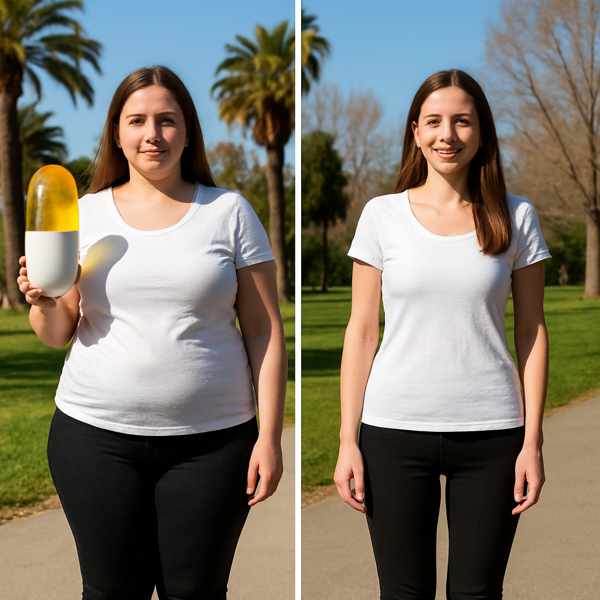
Vitamin D has gained a lot of attention not only for its role in bone health and immunity but also for its potential connection to weight management.
Let’s explore the science, potential benefits, and how vitamin D may — or may not — affect your weight loss journey.
What Is Vitamin D?
It also comes from certain foods and supplements.
It helps with:
- Important for strong bones and teeth
- Immune system regulation
- Mood balance and brain health
- Contributes to physical performance
Does Vitamin D Affect Body Fat?
But the big question remains: does supplementing with vitamin D 50 000 iu vitamin d weight loss promote weight loss?
Some research suggests:
- Vitamin D may influence fat metabolism
- It might reduce inflammation
- Helps people stay consistent with workouts
- Supports insulin sensitivity
What Experts Have Found
- A study in 2014 found that overweight women who took vitamin D lost more fat than those who didn’t supplement.
- Another review showed vitamin D helped improve metabolic markers related to weight control.
- Some trials show no major impact on weight loss unless deficiency was corrected first.
While promising, the evidence is not yet strong enough to say vitamin D alone causes weight loss.
Who Might Benefit Most?
People most likely to benefit from vitamin D supplementation include:
- Get your blood levels tested first
- Individuals with obesity or metabolic syndrome
- Improved mood can lead to better lifestyle habits
- Anyone on a weight loss program lacking sun exposure
Supplementing Safely and Effectively
Ways to get more vitamin D:
- 15–20 minutes of sun per day without sunscreen
- Foods like salmon, egg yolks, fortified milk
- Vitamin D3 supplements
Tips:
- Too much vitamin D can be harmful
- Especially if you take other medications
- These nutrients work together for full benefits
What You Should Know
It may support fat loss indirectly, but it works best when combined with healthy habits.
For best results:
- Focus on whole foods and nutrients
- Exercise improves fat metabolism and energy levels
- Get good sleep
- Reduce stress
Conclusion
If you’re deficient, correcting your levels could lead to better energy, mood, and metabolic function.
As always, talk to your healthcare provider before starting new supplements.